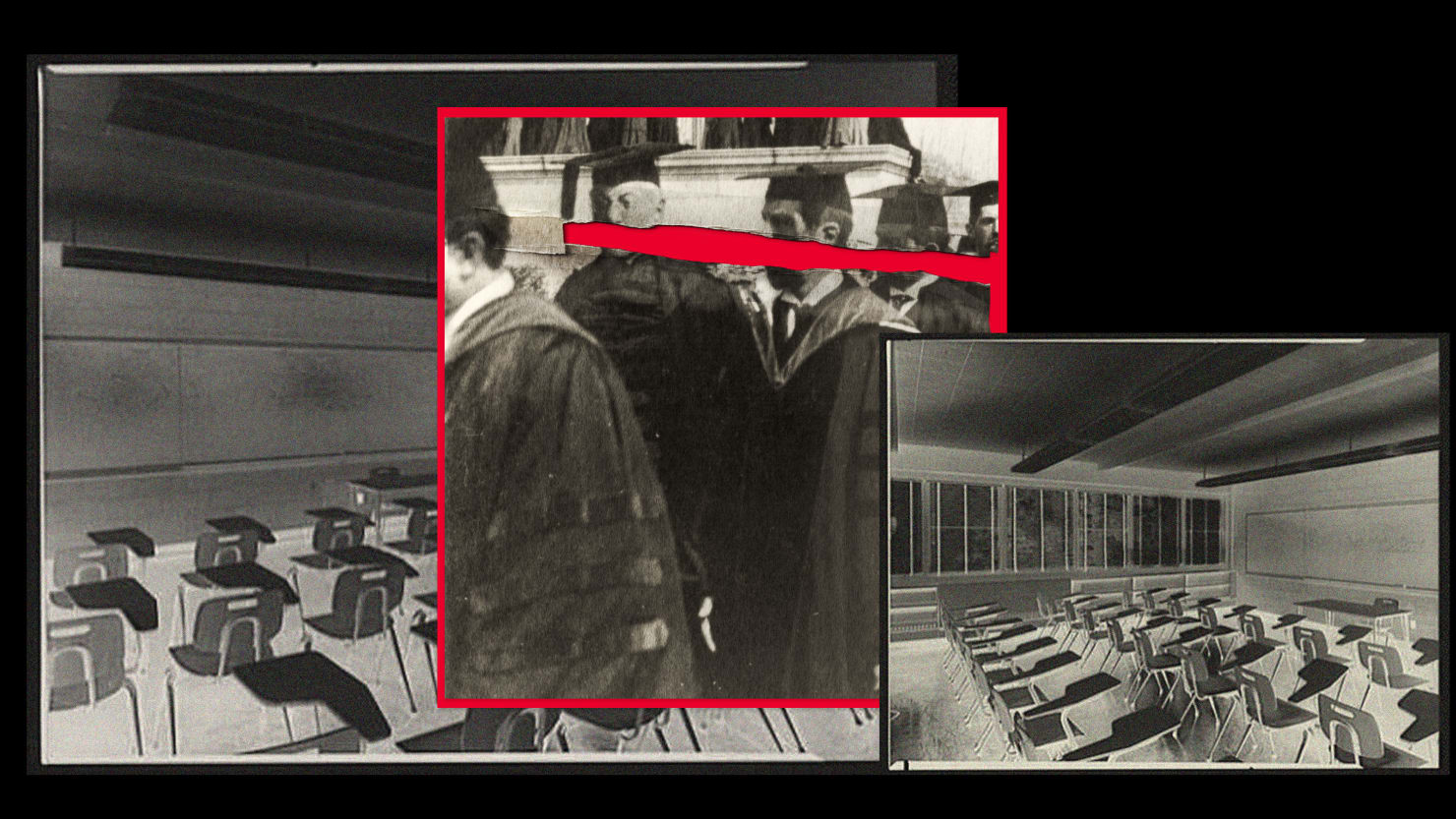When free speech and open expression are discussed in the context of higher education, the focus has typically been on undergraduates and their ability to engage in discourse and debate. While far too many students regularly report self-censoring and express concern over their reputation, many faculty, too, spend their time on campus working in fear, and worry about asking questions and sharing their opinions.
I’ve seen my professor colleagues regularly avoid certain topics and questions because they do not want to be mobbed by students, harassed or punished by aggressive diversity administrators, or have their career options cut short by significant reputational and, thus, professional consequences.
These assertions come amid a new survey from the Foundation for Individual Rights and Expression (FIRE) of almost 1,500 college faculty members across the country.
For context, consider that at the end of the Second Red Scare—the period after World War II during the age of Sen. Joseph McCarthy’s witch hunts and deep anti-communist fear—nine percent of faculty members reported censoring themselves to avoid controversy. FIRE’s study reveals that today, one in four faculty members are doing the same.
Moreover, a majority of faculty worry about losing their jobs or harming their reputations because someone misrepresents their words, while a third self-censor out of concern over the responses of staff, students, or administrators. This has created a truly chilling effect on learning and innovation on campuses nationwide.
The data show that a third of faculty (34 percent) reported that they self-censor on campus “fairly” or “very” often—a number notably higher than the one-fifth (21 percent) of students who said they felt this way in FIRE’s 2022 national student survey. And, while there were no notable gender or racial/ethnic differences in self-censorship on campus, political ideology played a role.
Over half of the conservative faculty (57 percent) indicated they self-censor often on campus, compared to one-third of moderate faculty, and one-fifth of liberal faculty.
“…at the end of the Second Red Scare, nine percent of faculty members reported censoring themselves to avoid controversy…today, one in four faculty members are doing the same.”
And, as with self-censorship rates overall, the percentage of faculty from each ideological group who said they self-censor often is higher than the equivalent percentage among students, with 42 percent of conservative students reporting self-censorship, while 23 percent of moderates and 13 percent of liberals report the same.
It is hard to comprehend the fact that the very group of people charged to showcase how viewpoint diversity and healthy debate functions are themselves limiting their expression—at rates higher than the students they are supposed to teach.
Going a bit deeper, the FIRE report notes that nine out of 10 faculty responded that they are at least “somewhat likely” to self-censor on social media, in meetings, in presentations, and/or in publications. Thirty-eight percent of faculty said they were “much more” or “more” likely to self-censor now compared to in September 2020, and 53 percent said that their frequency of self-censorship is about the same. Moreover, conservative faculty are significantly more likely to self-censor in all settings compared to their liberal colleagues. This is the antithesis of viewpoint diversity, open inquiry, and healthy educational space.
Beyond these troubling self-reports, faculty today painfully know that they cannot share ideas freely and openly. More than half of the faculty respondents (52 percent) indicated they are worried about losing their jobs or tarnishing their reputations because someone misunderstands something they said, took it out of context, or posted something from their past online. Almost three-fourths (72 percent) of conservative faculty reported being “somewhat” or “very” worried. This fear was not limited to conservative faculty, as 56 percent of moderate faculty and even 40 percent of liberal faculty also felt this way.
In other words, 40 percent of those in the dominant ideological group on campus reported being worried about losing their jobs or reputations, which speaks volumes about the climate of fear, intimidation, and censorship on campus.
Frighteningly, a non-trivial portion of faculty reported being pressured by administrators or their colleagues to avoid researching controversial topics, with over one-quarter of faculty (29 percent) saying administrators pressured them, and roughly one-third (34 percent) saying this about other faculty. Differences here were more pronounced along ideological lines. Conservative faculty reported significantly more pressure to avoid researching controversial topics than their moderate or liberal colleagues, regardless of whether the source of the pressure was from the college administration or their peers.
Faculty are well aware of incidents targeting colleagues and today are truly worried about facing repercussions for expressing their political views. FIRE’s Scholars Under Fire database shows that these incidents are becoming more frequent, and this is tragic. Being able to pursue truth in one’s research and teaching is central to the educational mission and significant numbers of faculty are censoring themselves because of professional and personal fear.
This is an existential threat to one of America’s greatest institutions and it will be a step backward if our nation’s colleges and universities cease to be sacred places of discourse and debate.
Ideological conformity represents the decadence of higher education. The pursuit of knowledge requires the freedom to think, challenge, and question your peers, not to fall in line with them. Colleges and universities cannot become little more than havens for ideological conformity.
Samuel J. Abrams is a professor of politics at Sarah Lawrence College and a senior fellow at the American Enterprise Institute.

